
We know how keyboard shortcuts make things breezy on a Windows PC or a Mac but what about Chromebooks? Well, Chromebooks are known to be speedy devices but as we’ve come to expect, you can always speed things up a bit. The good news is, there are a number of unique Chromebook shortcuts that should make things way more productive. Some of the Chrome OS shortcuts are identical to what we’ve used in Windows, plus the Google Chrome shortcuts remain the same. However, there are a number of unique shortcuts on Chrome OS that are worth checking out. So, let’s take a look at them, shall we?
Note: If you are using a Windows or Mac keyboard with your Chromebook, you can use the Windows key or Command key in place of the Search key on Chromebooks.
Best Chromebook Shortcuts You Should Know in 2019
1. Launch Google Assistant in Older Chromebooks: Search+A
As we all know, the new Chromebooks come with a Google Assistant key which helps you launch the Assistant. However, did you know that you can use a simple keyboard shortcut to launch Google Assistant even on the older Chromebooks? Well, if you didn’t then just press the “Search+A” keyboard shortcut to launch the assistant.
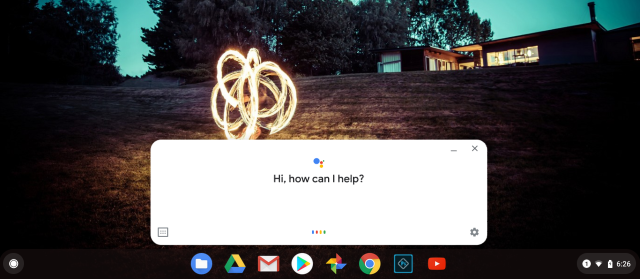
Note: Google Assistant is only available on the latest builds of Chrome OS. Even then you will have to enable it by going to Chrome://flags and enabling the “enable-native-google-assistant flag”.
2. Open Chrome OS Development Shell: Ctrl+Alt+T
If you love to tinker with your devices and want to do the same with your Chromebook, you can do that by using the “Chrome OS Development Shell” or “Crosh”. While you can use the above keyboard shortcut to open the Crosh, you can click on the following link to see what Chrosh commands you can run to customize your Chrome OS experience.
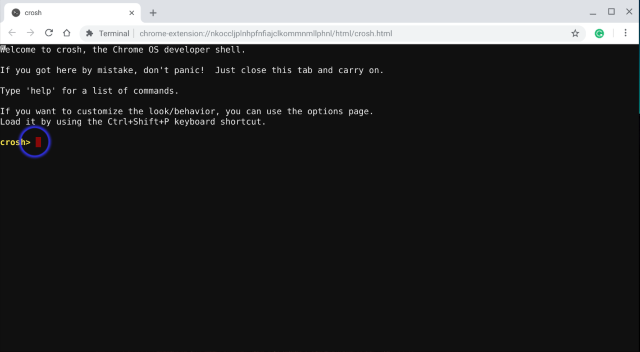
3. Open the Options Menu: Alt+E
Chrome OS allows you to quickly open the options menu by using the “Alt+E” keyboard shortcut. However, do know that this keyboard shortcut only works on the web apps and not on the Android apps as of now.
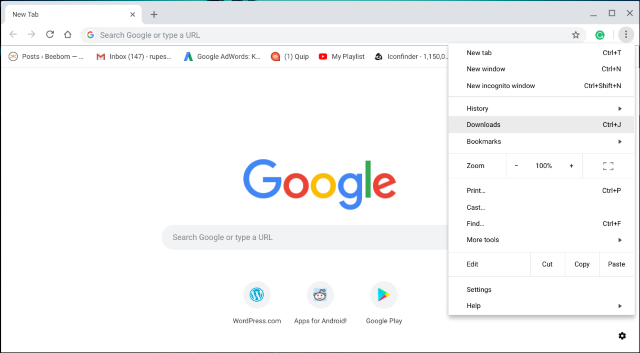
4. Rename a File Name in Files: Control+Enter
One of the bad things about Chrome OS is that sometimes you will need to learn different shortcuts for the same functions. For example, you can just select the file and press the “N” key in Google Drive to rename that file. However, that shortcut doesn’t work in the Files app. Instead, if you want to rename a file in the Files app, you will have to use the “Control+Enter” keyboard combination.
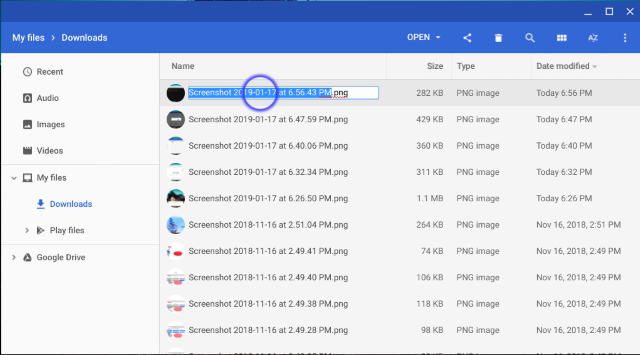
5. Delete a File in Files: Alt+Backspace
Similarly, to delete a file in the Files app, you will have to use the “Alt+Backspace” keyboard shortcut.
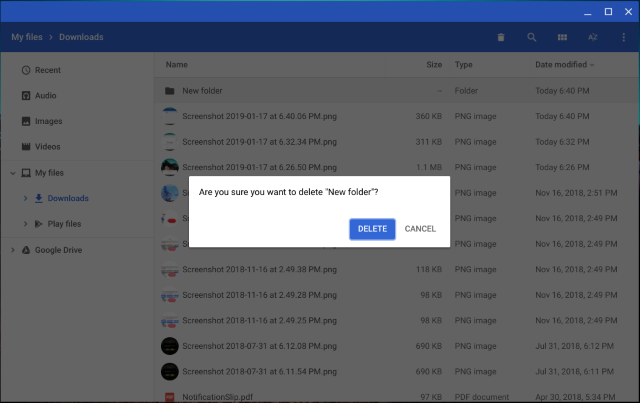
6. Create a New Folder in Files: Ctrl+E
Another keyboard shortcut for the files app is “Ctrl+E” Which lets you create a new folder.
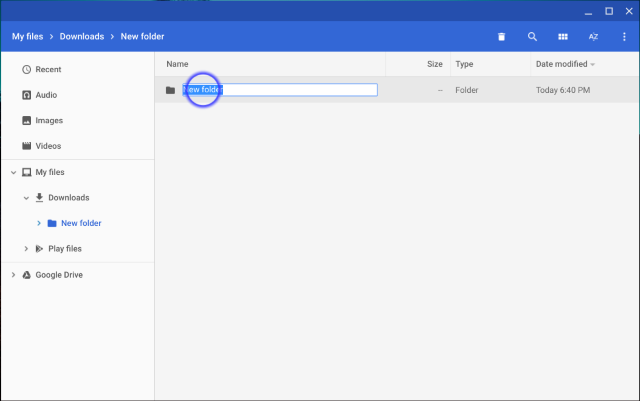
7. Take a Screenshot: Ctrl+Window/F5
You can also take a partial screenshot by pressing Ctrl+Alt+Window/F5.
8. Turn Caps Lock On/Off: Alt+Search
Unlike Windows or Mac, you don’t have a Caps Lock key in the keyboard in a Chromebook, so you can use this shortcut to turn it on or off. If you don’t want to use this keyboard shortcut you can now remap the search or the launcher key to act as caps lock key if you want to. You can do that by going to Settings -> Keyboard and remap the search key by selecting Caps Lock from the drop-down menu.
9. Launch Task Manager: Search+Esc
This shortcut launched Chrome OS’ task manager, which lists down all the processes currently running on the system, plus a button to end processes.
10. Open File Manager: Alt+Shift+M
You can easily launch the Files app on a Chromebook through this key combo.
11. Open a File in Browser: Ctrl+O
If you want to open a file, let’s say, a PDF file in Chrome, you can use this shortcut to do it. Just open Chrome and press the aforementioned key combo and you should get a dialog box to select a file you want to open.
12. Launch Shelf apps: Alt+1-9
If you have a number of apps pinned to the shelf, you can use this shortcut to open them, with 1 being the first app and 9 being the last app.
13. Dock a Window: Alt+[ (Left) or Alt+] (right)
You can dock an open window to the left or right with this shortcut. Docking two windows on either sides should let you use two apps or windows side by side.
14. Lock the Screen: Search+L
You can lock the screen on your Chromebook with this shortcut. After you have locked your Chromebook, you will need your Google account’s password to unlock the device and you will find everything the way you left it.
15. Log out of Your Chromebook: Ctrl+Shift+Q (twice)
While signing out of your account is pretty easy in Chrome OS, you can use this command if you are more of a keyboard-person.
16. Open Status Area: Shift+Alt+S
Status area is similar to the system tray we’ve known over the years from Windows and you can use this shortcut to open it, if you are fully engrossed in using your Chromebook through the keyboard.
17. Maximize and Minimize Windows: “Alt + -/=”
One of my favorite keyboard shortcuts is the ability to maximize and minimize windows as it allows me to keep doing my work without having to take my hands off the keyboard. To minimize a window, you will have to press the Alt and – (minus) key while Alt and = key will maximize the app’s window.
18. Use Forward Delete: Alt+Backspace
Windows users are familiar with the “Delete” key which deletes the letter next to the cursor. Since Chrome OS laptops don’t come with a dedicated delete key, not many users know about the above keyboard shortcut. Well, next time when you want to use forward delete key, just hit the “Alt+Backspace” keyboard combination and you are done.
19. Enable ChromeVox: Ctrl+Alt+Z
ChromeVox is an accessibility feature, which reads the Chromebook’s screen to you. You can hold down Shift and Search keys and then, use the arrow keys to point at the screen area you want to be read.
20. Rotate Display: Ctrl+Shift+Refresh/F3
This shortcut lets you rotate the screen 90 degrees.
21. Change Screen resolution: Ctrl+Shift and + or –
You can increase or decrease the screen resolution of your Chromebook with this shortcut. To reset screen resolution to default, you can use Ctrl+Shift+0.
22. Switch Keyboard Languages: Ctrl+Shift+Space
You can switch between different keyboard languages installed on your Chromebook with this shortcut.
23. Get Help: Ctrl+?
If you are a new Chromebook user, you’d need this shortcut quite often. This opens up Chrome OS’ Get Help app, where you will find different tutorials around Chromebooks. Moreover, if you have any doubts, you can even ask questions in the app.
24. Go to Specific Tabs in Chrome: Ctrl+1-9
You can switch between different tabs in Chrome using this shortcut, with 1 being the first and 9 being the last tab.
25. Clear Browsing Data: Ctrl+Shift+Backspace
Want to clear browsing & download history, cookies, cached data, passwords etc. on your Chromebook? This shortcuts brings up the “Clear browsing data” window.
26. Save All Open Webpages in a Folder: Ctrl+Shift+D
You can bookmark all the open tabs in Chrome through this shortcut. This will come in handy when you are researching for a project and you want to save all the webpages open at single place.
27. Select Text in Address Bar: Ctrl+L or Alt+D
There are times when we want to select the link in the address bar to share but using the mouse to do it can be cumbersome at times. This shortcut should definitely speed things up.
28. Hide/Unhide Bookmarks Bar: Ctrl+Shift+B
Not everyone wants to see the bookmarks bar all the time and thus, you can easily show or hide it with this shortcut.
29. Page up and Page down: Alt/Search+Up or Down
This is a fairly common shortcut but since Chromebook keyboards don’t feature dedicated keys for this, it’s important you know this shortcut.
30. See a Map of All Chromebook Shortcuts: Ctrl+Alt+?
This is the ultimate shortcut for Chrome OS, as it lets you check all the shortcuts there are, in a great visual form. It opens up a virtual keyboard and you can then hold Ctrl or Shift or Search or hold them together to see what shortcuts are available.
SEE ALSO: How to Install Kodi on Chromebook in 2019
Speed up Chrome OS Experience with These Chromebook Shortcuts
There are a number of other Chromebook shortcuts but they are the basic ones, which we are pretty sure you’d know from your Windows and Mac experience. According to us, these are the best Chromebook shortcuts you should know and use in 2019 to become more productive. So, try them out on your Chromebook and you can thank us later.
from Beebom https://beebom.com/chromebook-shortcuts-use-chrome-os/

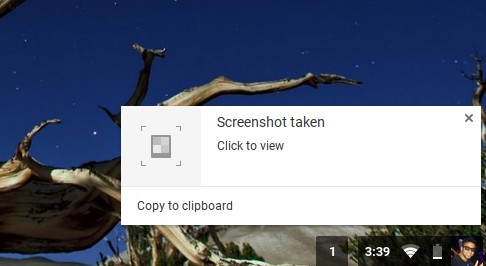
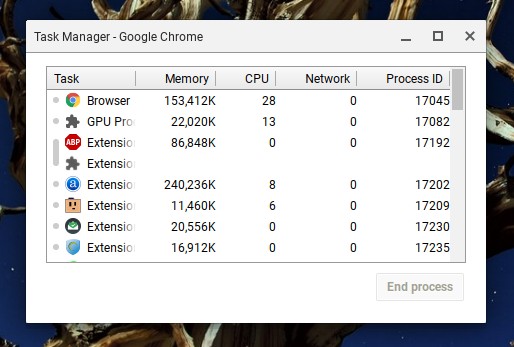
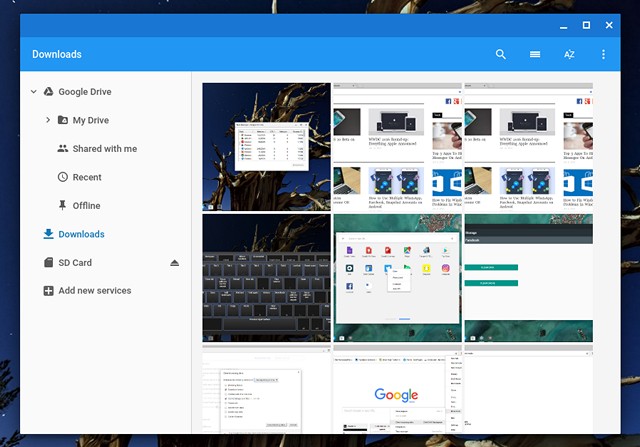
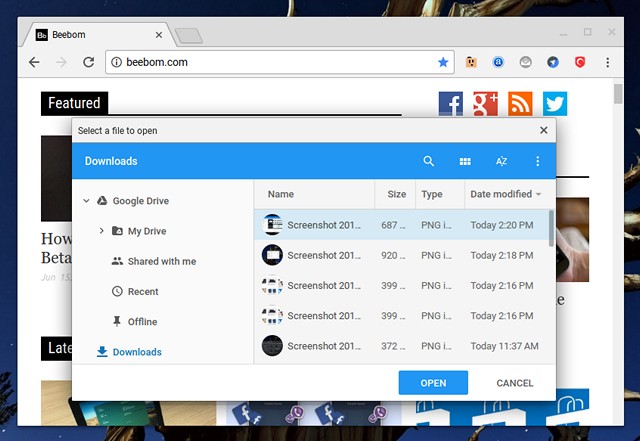

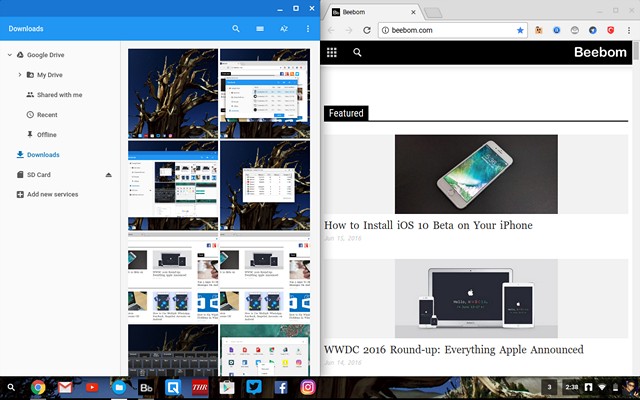
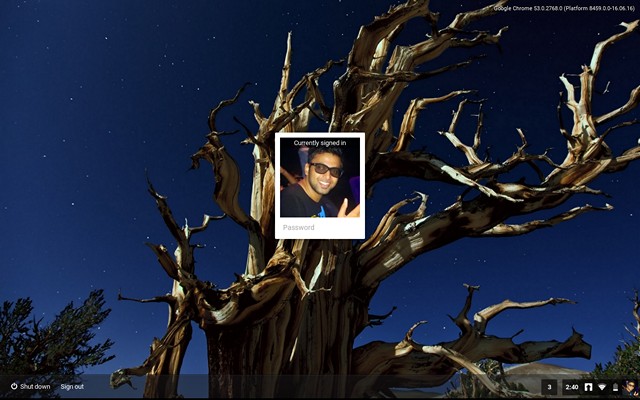

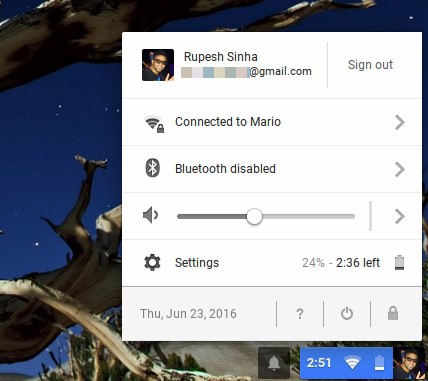
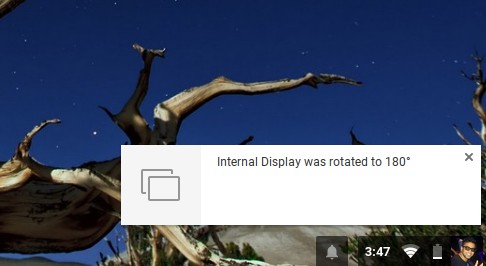
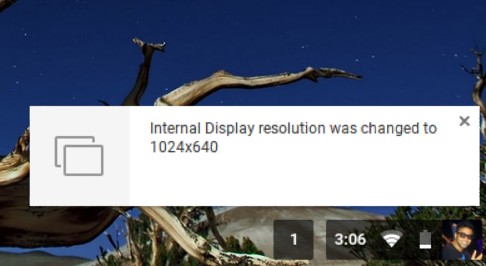
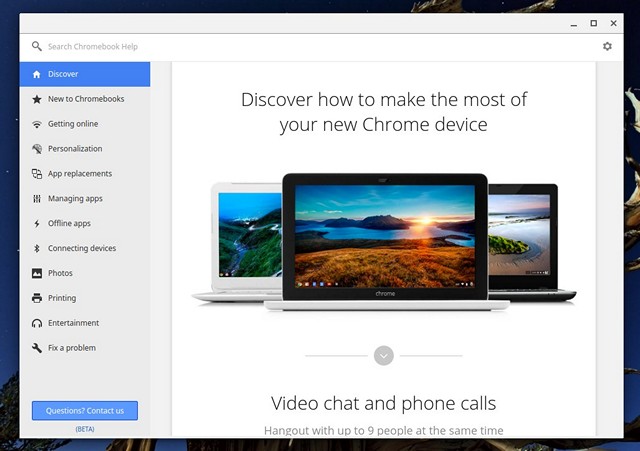
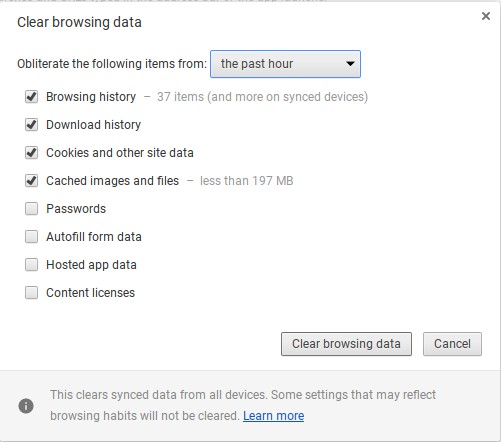
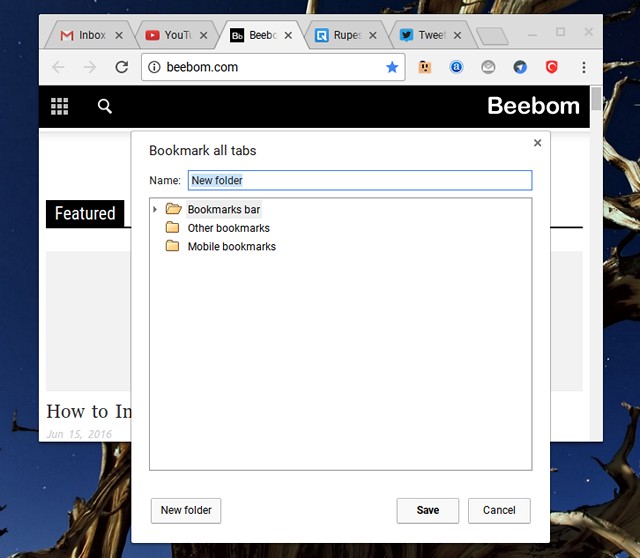
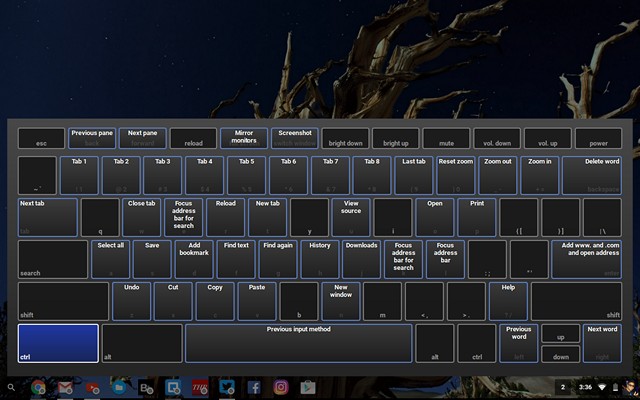
No comments:
Post a Comment